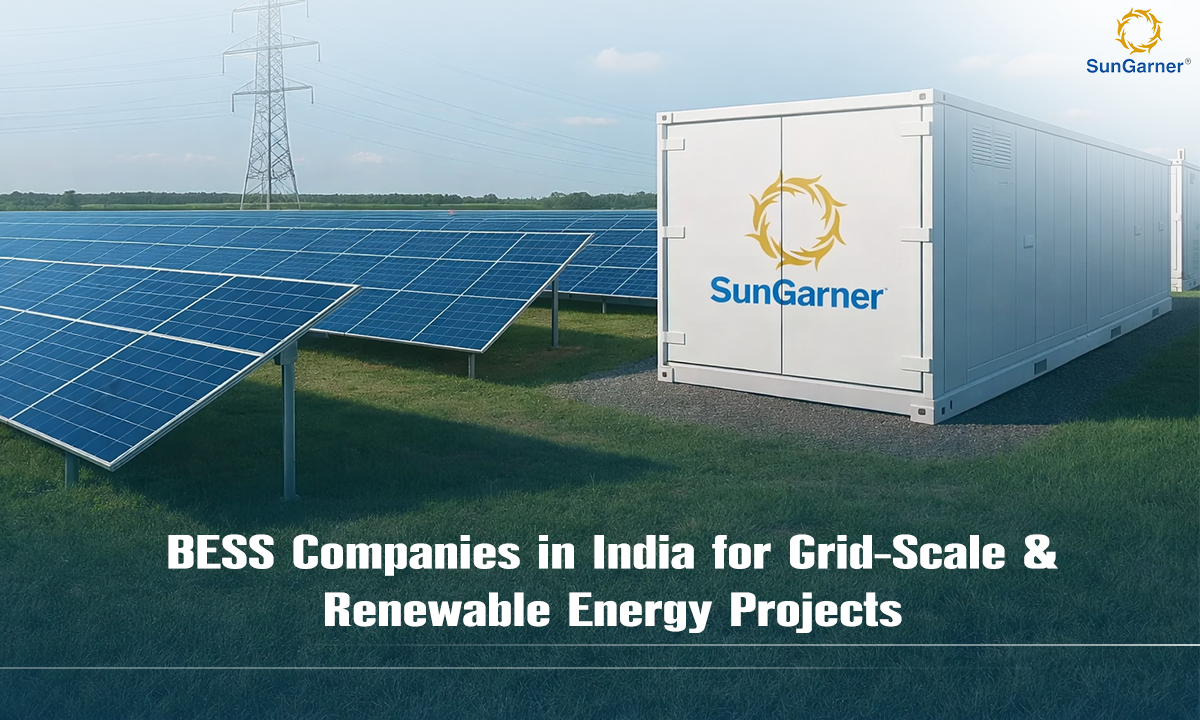Solar Panels in Cloudy Weather: What You Need to Know
Solar energy is one of the most sustainable and cost-effective ways to generate electricity. But if you live in an area with frequent cloud cover, you might wonder: Do solar panels still work in cloudy weather? The short answer is yes! While their efficiency may decrease, modern solar technology ensures that your panels continue producing power even on overcast days.
Solar energy is one of the most sustainable and cost-effective ways to generate electricity. But if you live in an area with frequent cloud cover, you might wonder: Do solar panels still work in cloudy weather? The short answer is yes! While their efficiency may decrease, modern solar technology ensures that your panels continue producing power even on overcast days.
In this article, we’ll explore how solar panels perform in cloudy conditions, what factors affect their efficiency, and how you can maximize your solar energy production. Plus, we’ll look at real-world examples of successful solar adoption in cloudy regions and why investing in SunGarner’s high-efficiency solar panels is a smart choice.
Do Solar Panels Work on Cloudy Days?
Yes, solar panels do generate electricity even in cloudy weather, though at a reduced capacity. Clouds can block some sunlight, but not all of it. Modern photovoltaic (PV) panels are designed to capture diffused sunlight, which still reaches the Earth even when the sun isn’t fully visible.
How Much Energy Do Solar Panels Produce in Cloudy Weather?
The amount of energy generated depends on several factors, including:
Panel Type – High-efficiency monocrystalline panels perform better than polycrystalline ones in low-light conditions.
Cloud Density – Light clouds allow more sunlight through, while thick, dark clouds reduce generation significantly.
Time of Day – Midday provides the most solar power, even on cloudy days.
Geographic Location – Some areas receive strong diffused sunlight, which helps maintain steady energy production.
On average, solar panels produce 10-25% of their normal capacity on cloudy days. However, in some cases, the Edge-of-Cloud Effect can temporarily boost solar output. This happens when sunlight refracts around cloud edges, intensifying the radiation that hits the panels.
How to Improve Solar Panel Performance in Cloudy Weather
Even if you live in a cloudy region, there are ways to optimize your solar system’s efficiency:
1. Invest in High-Efficiency Solar Panels
Choosing premium solar panels like SunGarner’s high-efficiency models ensures better performance under low-light conditions. These panels have superior conversion rates, allowing them to generate more electricity even when sunlight is limited.
2. Use Battery Storage Systems
Cloudy days don’t have to mean lower power availability. Solar battery storage allows you to store excess energy produced during sunny periods and use it when needed. SunGarner’s advanced battery solutions help maintain a steady energy supply regardless of weather conditions.
3. Optimize Solar Panel Placement
Proper positioning can enhance solar panel performance. South-facing panels (in the Northern Hemisphere) get the most exposure. Using adjustable mounts helps optimize sunlight capture throughout different seasons.
4. Install Microinverters or Power Optimizers
Traditional string inverters may cause power loss if some panels are shaded. Instead, microinverters and power optimizers allow each panel to function independently, minimizing energy loss on cloudy days.
Real-World Examples: Solar Success in Cloudy Regions
Surprisingly, some of the world’s biggest solar adopters are in areas with frequent cloud cover:
Germany – Despite its overcast climate, Germany leads in solar power adoption, showing that solar panels work effectively even in low-light conditions.
London, UK – Even with its famously cloudy weather, solar panels are widely used in homes and businesses.
Seattle, USA – A city known for its rain and clouds still benefits from solar power, thanks to high-efficiency panels and advanced solar storage systems.
Why Solar Panels Are Worth It – Even in Cloudy Weather
Many people assume solar panels only make sense in sunny areas, but that’s a myth. Even in cloudy climates, solar energy offers numerous benefits:
Year-Round Savings – You can still significantly cut electricity bills, even if you experience cloudy days.
Environmental Sustainability – Solar power reduces dependence on fossil fuels and lowers carbon emissions.
Energy Independence – With solar panels and battery storage, you can rely less on the grid and avoid rising electricity costs.
Why Choose SunGarner for Your Solar Needs?
If you’re considering going solar, choosing the right provider is crucial. Here’s why SunGarner is the best choice for solar solutions:
High-Efficiency Solar Panels – Generate more energy even in cloudy weather.
Advanced Battery Storage – Store excess power for uninterrupted energy supply.
Expert Installation Services – Ensure optimal performance and longevity.
Affordable & Reliable Solutions – Cost-effective without compromising on quality.
Conclusion
Cloudy weather may affect solar panel performance, but it doesn’t make them ineffective. Thanks to advancements in solar technology and energy storage solutions, investing in solar remains a smart decision—even in less-than-perfect weather conditions.
By choosing SunGarner’s high-efficiency solar panels, homeowners and businesses can enjoy reliable, cost-effective, and sustainable power all year round. Ready to switch to solar? Contact SunGarner today to learn more about how solar energy can work for you!








.jpeg)
